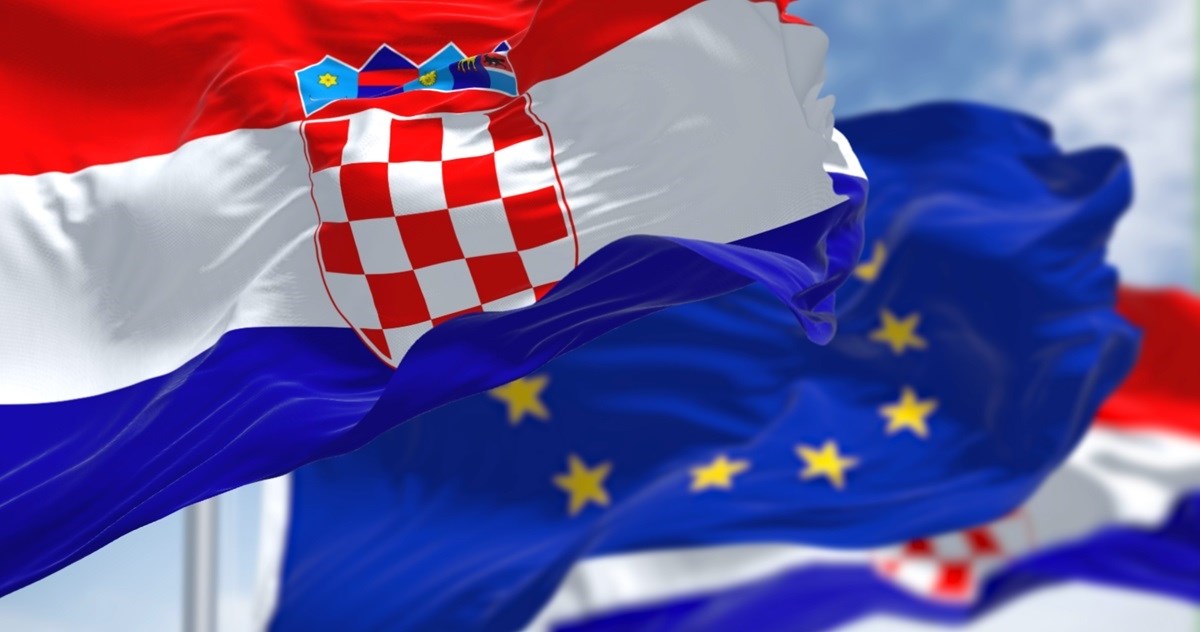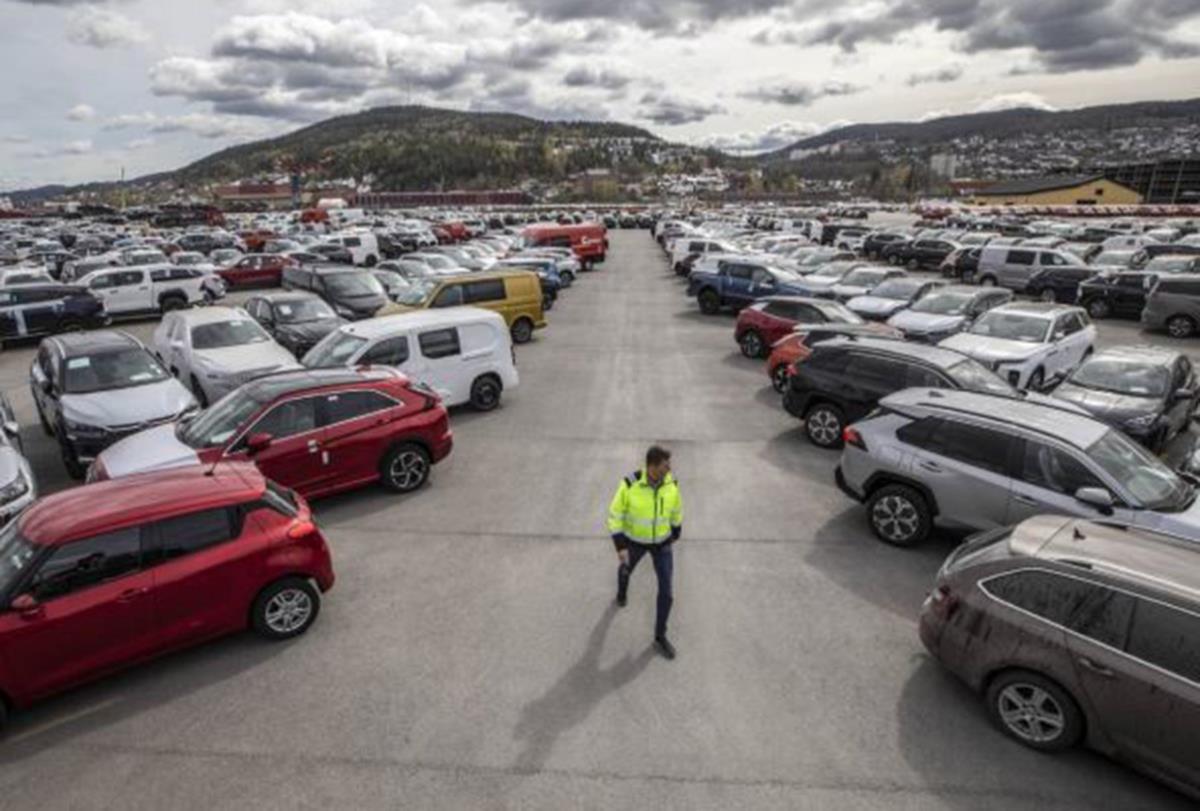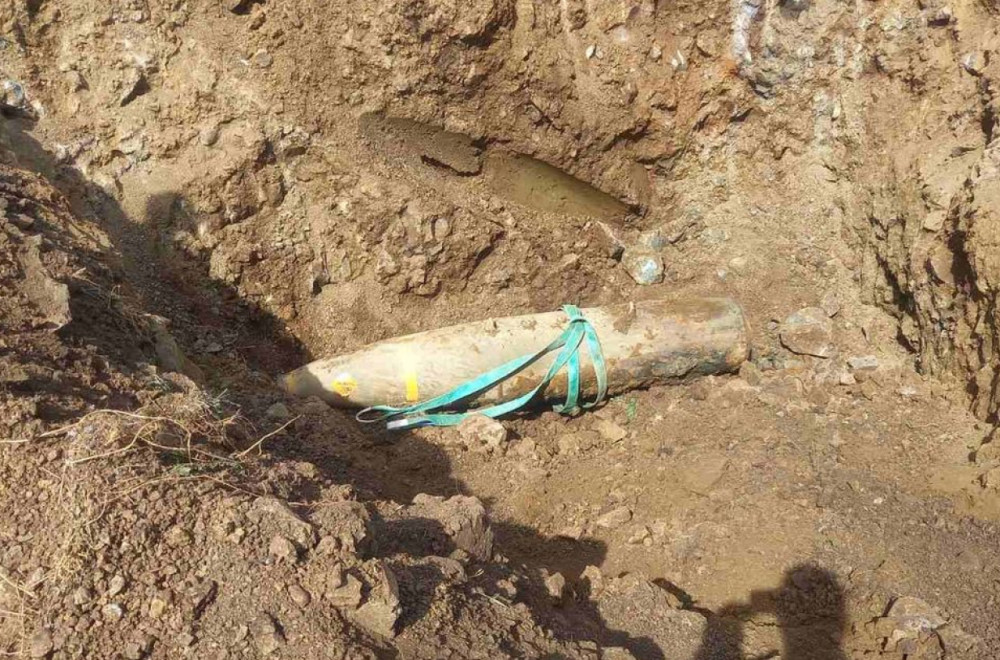Croatia as the 28th EU Member: History, Challenges, and Game-Changing Investments
On July 1, 2013, Croatia officially became the 28th member of the European Union. But do you know how long and tough the road was? From the six countries that founded the European Economic Community in the 1950s to today’s powerful union of 28 members, Croatia fought hard to earn its place under the European sun.
The Road to Membership: From Rejections to Success
The EU started as an economic community of six countries aiming to rebuild their economies after World War II. The first enlargement happened in 1973 when the UK, Ireland, and Denmark joined, followed by Greece, Spain, and Portugal. Croatia gained candidate status in 2003 and after long negotiations and reforms, finally joined the EU in 2013.
What Has Membership Brought to Croatia?
Joining the EU opened Croatia to new investments and opportunities. Young people now have chances to study and work across Europe. Investments worth billions of euros have already been made: the Pelješac Bridge cost 420 million euros, the modernization of the Rijeka-Budapest railway line is worth one billion euros, and Dubrovnik Airport was upgraded with 100 million euros. Rural development received 2 billion euros to support small businesses and farmers.
Freedom of Movement and Economic Growth
Croatian citizens can now freely travel, work, and study in all EU countries. This is a huge change compared to the pre-membership period. Croatia also joined the Schengen Area and the monetary union, further easing trade and travel.
But It’s Not All Sunshine…
While the investments are impressive, many wonder if EU membership has brought enough benefits to ordinary people. Have those billions of euros really reached villages and towns? Are young people staying in Croatia or fleeing to richer countries? And how will Croatia handle new EU challenges like economic crises and political tensions?
Conclusion: Croatia on the European Path
Joining the EU is a major success for Croatia but also the start of a new phase. Reforms must continue, funds must be used wisely, and benefits must reach every citizen. Croatia is now part of a big European family, but the question remains how well it can leverage everything the EU offers.
So, what do you think? Was joining the EU the right move or just another bureaucratic story? Drop a comment and let’s hear what the people really think!



































